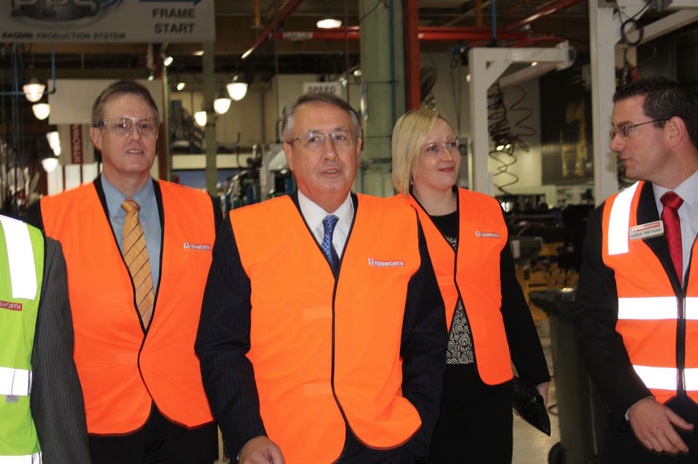With the apparent success of the Silicon Valley business model, every city seems to want to emulate it. One region that’s probably gone further than most is supporting their local tech sector is London with its Tech City program.
But is it succeeding? The Guardian did an audit on the Tech City project and came away with some findings that aren’t particularly different from other cities.
What I personally find interesting is how the Digital Sydney project which I was involved in setting up during 2009-10 shares the flaws The Guardian has identified in the London initiative.
Identifying tech
One key criticism The Guardian has is that too many businesses are identified as being in the technology sector;
of the 1,340 companies, 137 are tech companies, 700 are PR or design agencies and 482 are “miscellaneous” – which includes charities, pubs, cafes and fashion boutiques. The remaining 21 companies were either entered more than once or entries with no information or link to an external site. So just 10% of companies in Tech City actually do technology, 53% are PR or design agencies, and 37% are “miscellaneous”.
This was true of identifying Sydney’s ‘digital hub’ – the vast majority of business surveyed were not actually tech businesses but movie post production, graphic designers and publishers. The technology sector was only a small group and the bulk of employment and investment came from large multinational corporations like IBM and Google.
Now it is possible to argue that businesses like post-production, publishing and broadcast media are ‘tech’, but then almost every industry could be thought of as ‘tech’ if you cast the net wide enough.
The problem is counting those businesses as being tech just on the basis they are heavy users of IT skews the numbers and gives an inflated view of how big the sector really is.
A capital city focus
One of the biggest criticisms of the Tech City initiative is that it is too London centric and The Guardian makes a good case about this, looking at cities like Brighton, Cambridge, Newcastle and Manchester.
A similar criticism could quite rightly be made about Sydney’s project, which focuses on the inner city enclaves of Surry Hills and Ultimo while ignoring most of the city or any of the state’s regional centres.
When I started at the New South Wales government I was warned by one old hand that “to these jokers NSW stands for North Sydney to Woolloomooloo.”
And so it proved to be.
Focusing on London’s Silicon Roundabout or Sydney’s Surry Hills also smacks of a ‘people like us’ syndrome where the support goes to nice middle class white folk – just like the politicians, public servants and captains of industry who run these programs.
Overemphasising tech
Another problem, not mentioned in The Guardian story, is the over emphasis on technology startups.
Projects like Tech City and Digital Sydney focus on last decade’s opportunities which Silicon Valley dominated. Governments look at California’s success and think we need to copy that when what we’re seeing is actually the fruits of the previous wave of opportunity.
It may well be that we’re repeating the mistakes of the 1950s and 60s where countries around the world imitated Detroit hoping to replicate the US’ success with the motor industry.
The costs of that error are still a millstone around taxpayers’ necks two generations later.
To be fair to those setting up projects like Tech City or Digital Sydney, they are attempts to harness the energy in their own cities but it may just be that government programs aren’t the best ways to bring entrepreneurs and inventors together.
Hopefully though their efforts will succeed although it’s more likely the next Silicon Valley will be just as much the result of a series of coincidences as today’s is.
Similar posts:




